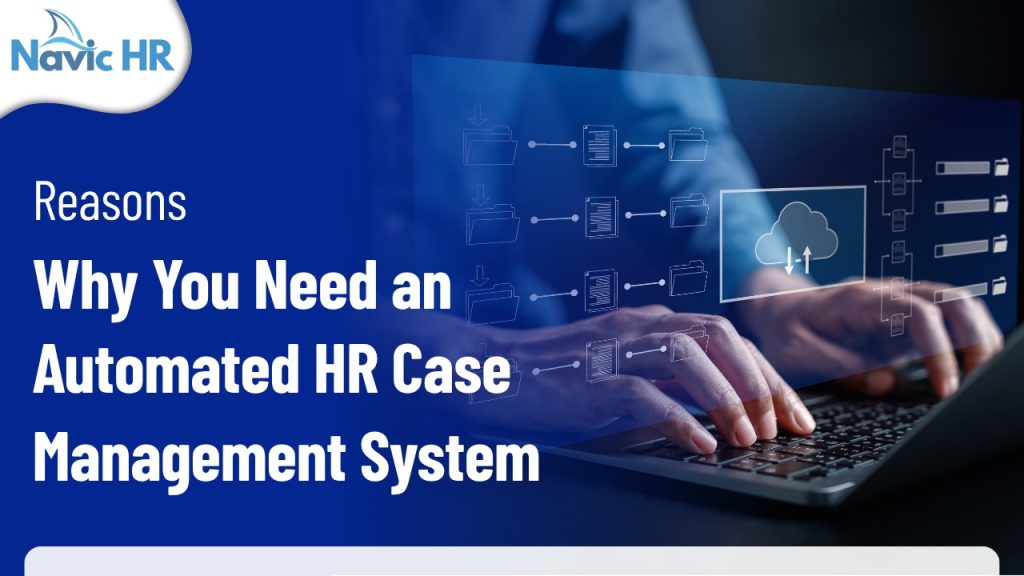
In today’s fast-paced business environment, managing HR cases manually can be cumbersome and inefficient. An automated HR case management system is essential for modern organizations looking to streamline their HR processes and enhance employee satisfaction. Here are several compelling reasons why your organization should consider implementing such a system.
1. Increased Efficiency and Productivity
An automated HR case management system significantly increases efficiency by automating routine tasks such as case tracking, documentation, and follow-up. HR professionals can spend less time on administrative work and more time focusing on strategic initiatives. Automation reduces the likelihood of human error, ensuring that cases are handled accurately and consistently.
2. Centralized Information
With an automated system, all HR case-related information is stored in a centralized database that is easily accessible. This eliminates the need for physical files and reduces the risk of losing important documents. Having a single source of truth makes it easier for HR teams to track cases, monitor progress, and retrieve information quickly when needed.
3. Enhanced Communication
An automated HR case management system fosters better communication between HR representatives and employees. Automated notifications and updates keep employees informed about the status of their cases, reducing frustration and uncertainty. Additionally, built-in communication tools can facilitate discussions, making it easier to resolve issues promptly.
4. Improved Compliance and Reporting
Compliance with labor laws and regulations is crucial for any organization. An automated HR case management system can help maintain compliance by ensuring that all cases are documented and managed according to legal requirements. Furthermore, the system can generate detailed reports on case trends, response times, and outcomes, enabling HR teams to identify areas for improvement and demonstrate compliance during audits.
5. Data-Driven Decision Making
Automated systems provide valuable insights through analytics and reporting features. HR managers can analyze case data to identify patterns, such as recurring issues or employee concerns, allowing for proactive measures to be taken. By leveraging data, organizations can make informed decisions that improve HR processes and enhance overall employee satisfaction.
6. Scalability and Flexibility
As your organization grows, so do your HR needs. An automated HR case management system can scale with your organization, accommodating an increasing number of cases and users without compromising performance. Additionally, many systems offer customizable features to meet the specific needs of your organization, ensuring that the solution evolves alongside your business.
In conclusion, implementing an automated HR case management system is a strategic investment that can enhance efficiency, improve communication, ensure compliance, and provide valuable insights. By streamlining HR processes, organizations can create a more supportive environment for employees, ultimately driving business success.
